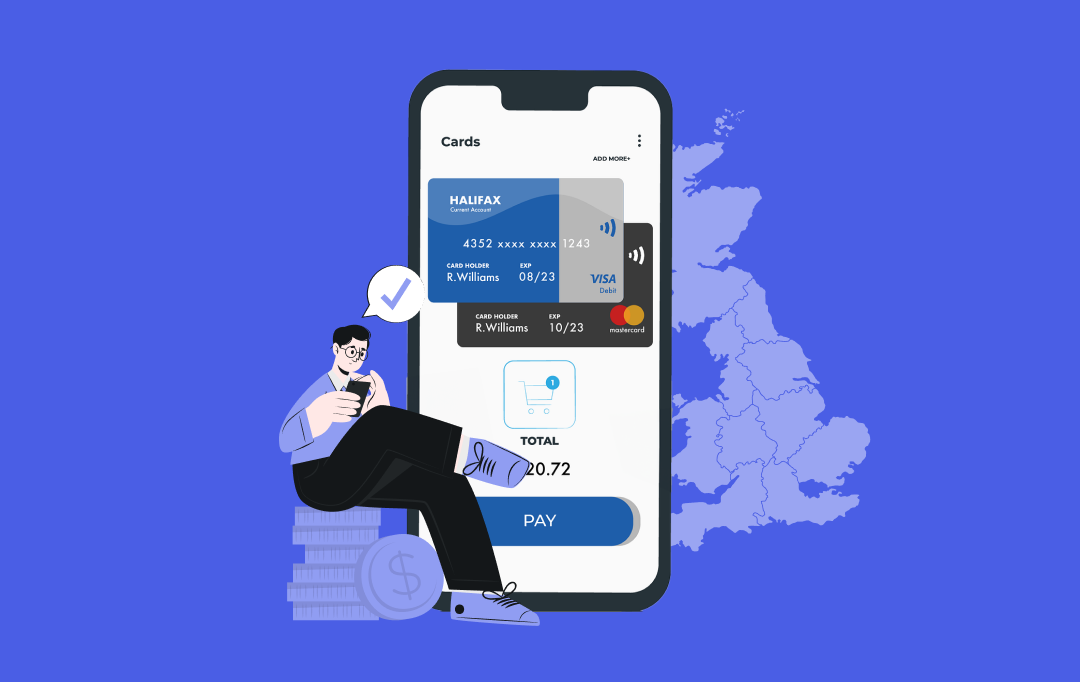Sometimes the invaluable things children learn come from outside the classroom. Lessons about socializing and collaborating come as by-products of being in class rather than the subject itself.
When kids take programs outside school, they learn more than supplemental information. They also ingest secondary, indirect information. Here are a few ideas for extra-curriculars that will excite your kids and leave them with well-rounded lessons.
Online Coding Class
Knowing how to code is an entry point to countless jobs. You can work as a professional video game coder, app developer, or in numerous adjacent positions, both privately and in companies.
Understanding how coding works is akin to peaking behind the curtains of the digital world to see how it really works. Put another way, knowing how to play a video game or navigate an app is one thing; knowing how it was created gives you another dimension of understanding.
In the leading online programs, kids can learn to code in small groups of a maximum of four students. They focus on in-demand coding languages, like Python, Java, JavaScript, C#, and C++. Such languages give them the tools to create the next generation of video games, apps, and websites while teaching them critical problem-solving skills and raising their self-esteem.
Chess Lessons
Chess is taught in schools around the world, both after classes and during them, and there are good reasons why. Chess accommodates an unlimited range of personal temperaments, so players can compete evenly against each other, even if their styles vary enormously.
At the grandmaster level, attacking and defensive players face off against each other with parity. Learning chess helps kids understand logical thinking. They learn how to evaluate what really matters and act accordingly.
For example, checkmate is the prime directive in chess. When players learn how a queen sacrifice can lead to a forced mate, they understand that pursuing the real goal (checkmate) is higher than retaining powerful material.
There are important philosophical lessons here about valuing what really matters.
Team Sports
Learning to work in a group as a child is crucial to adult development, and playing group sports is perhaps the most fun way to learn. Thankfully, sports like hockey are undergoing considerable cultural changes to be more welcoming and open to people who didn’t previously play.
Many sports were not very accommodating to women and girls or people in the LGBT community. Being an athlete is an excellent way to stay healthy and have fun pursuing a common goal with friends and teammates.
From developing coordination, learning about triumphing over adversity, becoming a hard competitor while being graceful in loss and victory, and more, team sports teach many important lessons that don’t get conveyed in the traditional classroom.
Childhood is the time for lots of unstructured and unadulterated play, but that doesn’t mean there aren’t teachable moments. Fun and learning can absolutely coexist! Just keep the above extracurriculars in mind, and your child will be excited to learn after the school day is over.






